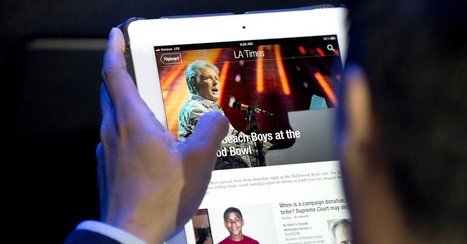Tribune Publishing, a storied icon of American journalism, recently renamed itself Tronc and released a video to show off a new “content optimization platform,” that Malcolm CasSelle, Tronc’s chief technology officer, claims will be “the key to making our content really valuable to the broadest possible audience” through the use of machine learning.
As a marketing ploy the move clearly failed. Instead of debuting a new, tech-savvy firm that would, in the words of chief digital officer Anne Vasquez, be like “having a tech startup culture meet a legacy corporate culture,” it came off as buzzword-laden and naive. The internet positively erupted with derision.
Yet what I find even more disturbing than the style is the substance. The notion that you can transform a failing media company — or any company in any industry for that matter — by infusing it with data and algorithms is terribly misguided. While technology can certainly improve operational performance, the idea that it can replace a sound strategy is a dangerous delusion....



 Your new post is loading...
Your new post is loading...














AI won’t magically save journalism — or any business. Not as long as it's style over substance.